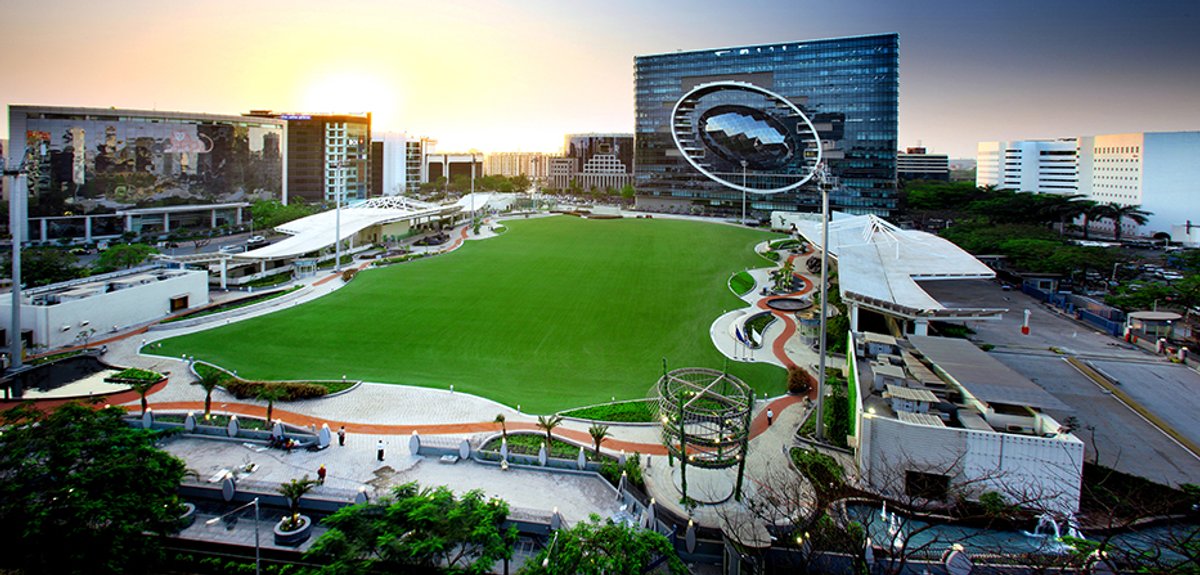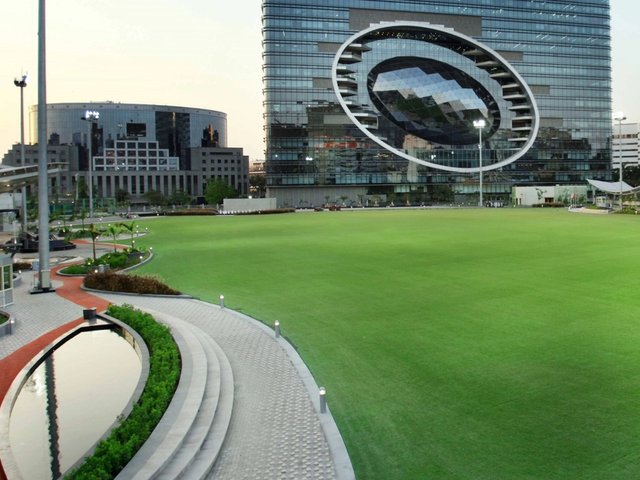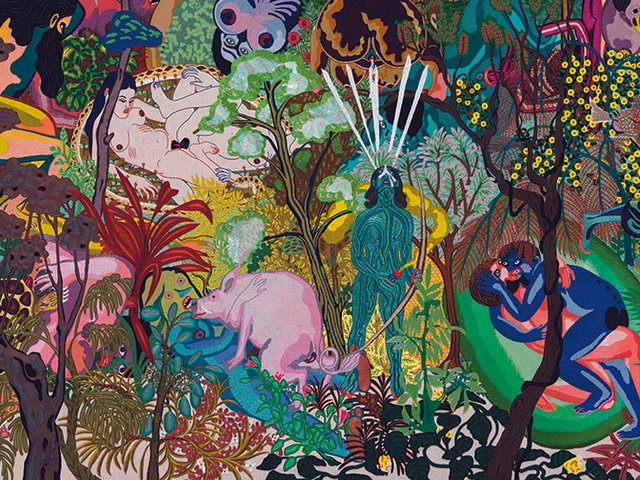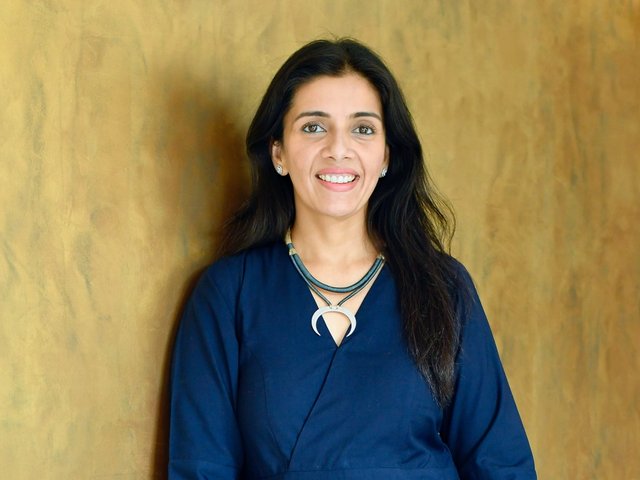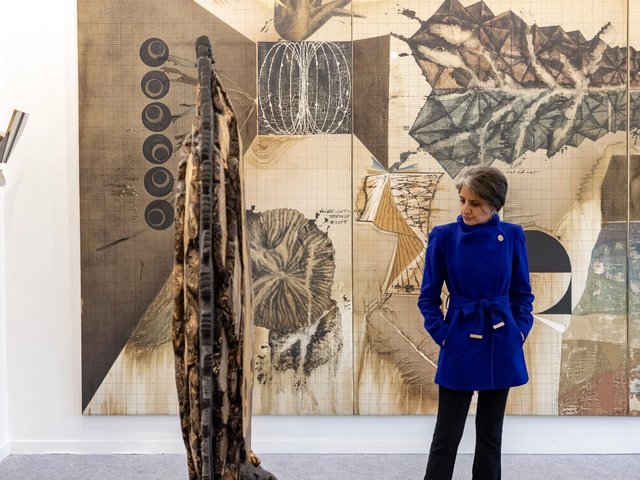South Asia’s largest commercial art event, the India Art Fair (IAF) in New Delhi, will launch an offshoot next year in Mumbai. Named the India Art Fair Contemporary (IAFC), the expo will gather between 50 and 70 galleries, mostly from India, in Mumbai’s Jio World Garden between 13-16 November 2025.
Established in 2008 and wholly owned by the trade fair organiser Angus Montgomery Arts since 2019, IAF will hold its 16th edition in February next year, offering art from the late 19th century to the present day. The forthcoming Mumbai fair, in contrast, will exclusively show contemporary art (made after 1970) and design. The latter focus comes after IAF introduced a design section to its 2024 event, which was met with an “enthusiastic response”, says Jaya Asokan, the fair’s director, who will also lead the forthcoming Mumbai show.
Rumours of IAF expanding to Mumbai have circulated for years, even pre-dating the organisation's longstanding engagement with the city’s art scene, including sponsoring a talks programme during the annual Mumbai Gallery Weekend. But it has taken the fair's leadership until now to open in India's financial capital—a case of “waiting for the right moment”, Asokan says.
Others, however, felt the time had already arrived. Last year saw the launch of Art Mumbai, the city's first major art fair, whose inaugural edition featured around 45 exhibitors, including the leading Indian galleries Vadehra Art Gallery and Chatterjee & Lal. The second edition will be held this November at the Mahalaxmi Racecourse.
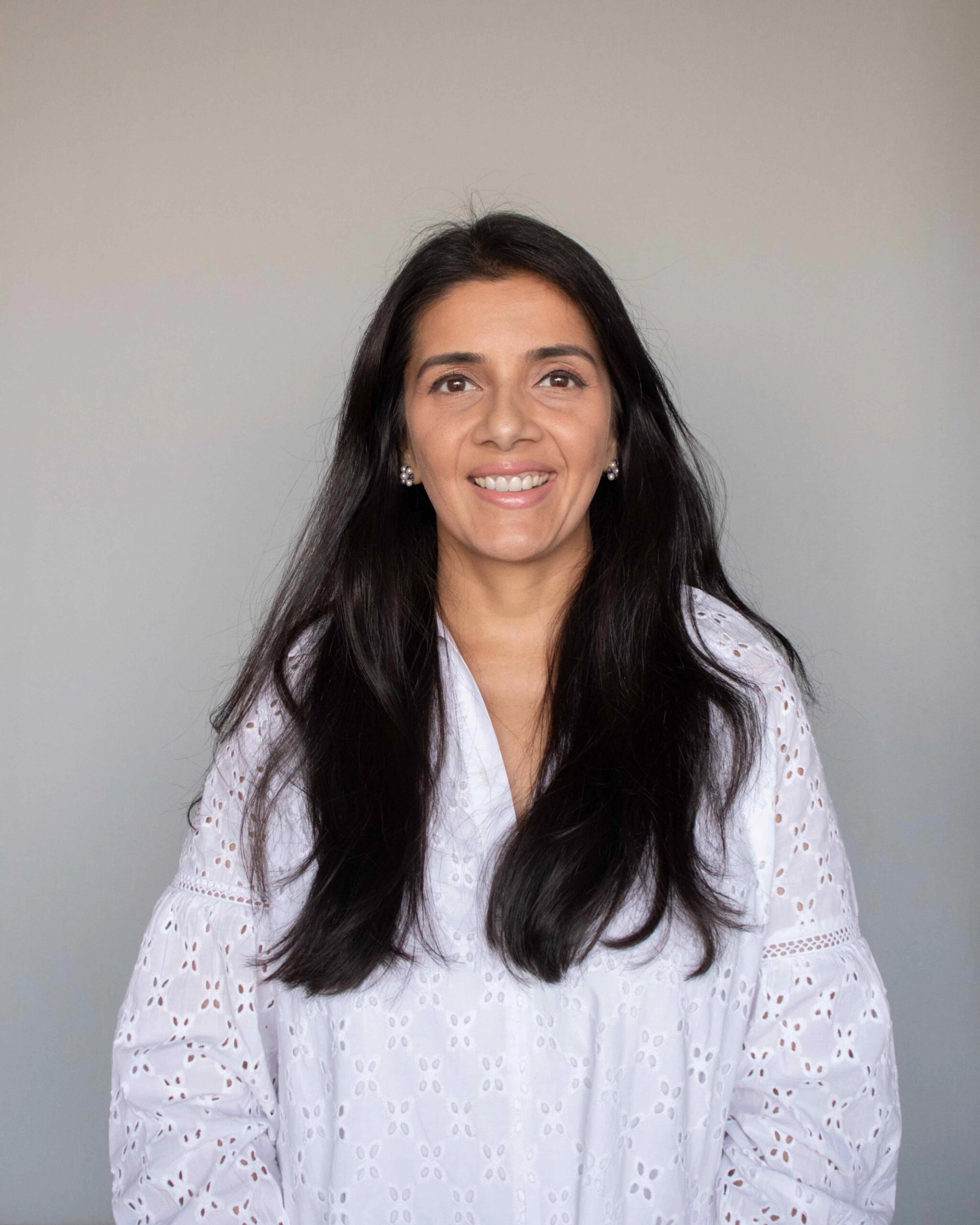
IAF's director, Jaya Asokan
© IAF
The dates of the inaugural IAFC will overlap exactly with those of the third edition of Art Mumbai, prompting questions as to how the two fairs will interact with each other. Asokan envisions a “collegiate” and “collaborative” relationship, saying that IAF has chosen the coinciding dates “to not split attention” and to help shape the week into a “major market moment for Mumbai", centred on “two dynamic fairs” as well as city-wide exhibitions and events.
“Other cities across the world hold art weeks with multiple fairs,” she adds. Moreover, the two fairs have “different orientations and distinct offerings”, with IAFC’s focus on design meaning that around half its participants would be unlikely to apply to Art Mumbai regardless.
Nonetheless, Asokan still expects there to be considerable crossover between the two exhibitor lists, including with some of India's leading galleries. Speaking on the dynamic between the two fairs, she says IAF is open to “future collaboration on events with Art Mumbai”.
Such sentiments are not loudly echoed by Art Mumbai’s co-founders, Dinesh and Minal Vazirani, who say they “do not understand the logic” of the two fairs sharing dates and "doubt the business sense of the decision". Dinesh Vazirani adds that the concurrent events, which will be held more than 10 km from each other, will force a number of galleries to be “overstretched” that week. Asked if Art Mumbai is open to future collaborations with IAFC, he says his team currently have their “hands full”.
What all parties do agree on is that the arrival of IAFC is a clear vote of confidence in Mumbai’s collector base, as well as the wider market for South Asian Modern and contemporary art, which grew “around 250% in the past decade”, Asokan says. She also notes that a small handful of prominent Indian galleries founded outside of Mumbai, such as Nature Morte and Experimenter, have in recent years opened outposts in the city, boosting its status as an art market hub.
The inaugural edition of IAFC will offer more cutting-edge and "ultra contemporary" work than its New Delhi counterpart, along with international names "rarely shown in India", according to an official release. In addition, "taking its cue from Mumbai’s historic significance as a port city, the fair will place a special curatorial focus on artists and designers from the greater South Asian, African and South American regions".


